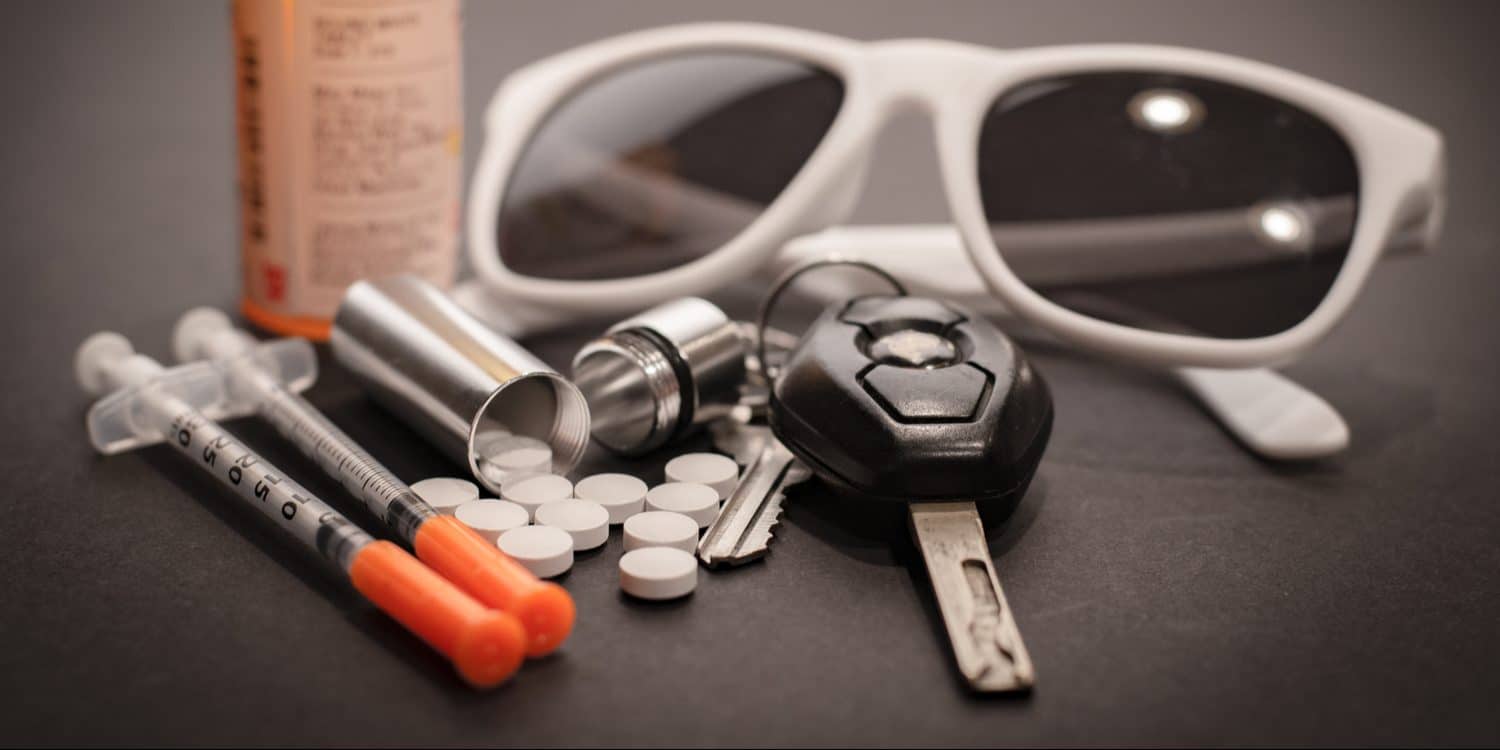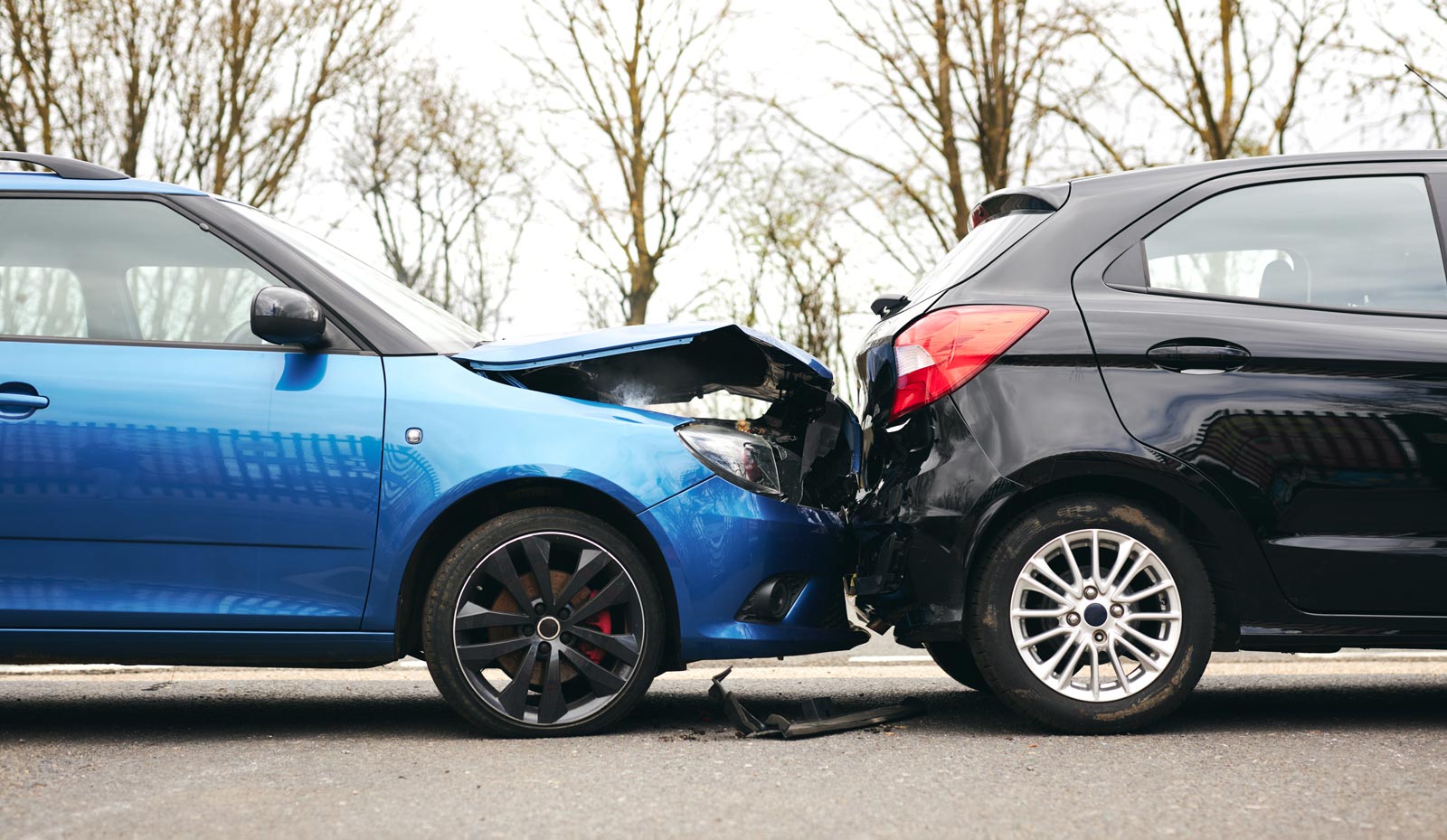Driving under the influence isn’t restricted to illegal drug use and drunk driving; a doctor’s slip won’t get drivers out of DUI citation.
“Sixty-six percent of U.S. adults are on at least one prescription medication, but just because a drug is legal doesn’t mean that it’s safe to use while driving.”
There’s a reason over the counter (OTC) and off-the-shelf (OTS) medications have warnings and clauses instructing users not to drive or operate machinery after taking the drug.
Recent data suggests that drugs have overtaken alcohol as a top cause of car crashes. And while many of these drug-related crashes involve illegal drugs, not all do.
Keep reading to learn more about how prescription and OTC medications can affect driving abilities and how to stay safe while driving.
Common Prescription Drugs With Driving-Impairing Side-Effects
Prescription Medications
There are some prescriptions (such as opiates) on which patients should avoid driving and other high-risk activities for the entire duration of their treatment. However, there are some medications that users will be able to drive on once their bodies become acclimated to the drug. A doctor will be able to explain the typical time it takes for someone to adjust to a new drug. You should avoid driving and other activities until you know precisely how the drug will affect you.
- Opiates: Pain medications such as morphine or codeine can cause sleepiness, dizziness, disorientation, and distracting exhilaration.
- Antidepressants: Antidepressants can also cause fatigue, especially SSRI depressants, which are known to cause insomnia.
- Anti-Anxiety Meds: When you begin taking Xanax or other anti-anxiety medications, you could be unusually tired, unable to concentrate, dizzy, and uncoordinated. You could also experience vision issues and headaches.
- Anti-Hypertensives: Once patients begin taking a blood pressure medication, their blood pressure usually drastically improves. Unfortunately, exhaustion is a common side effect and can influence your ability to drive safely.
Over the Counter and Off-the-Shelf Drugs
Medications don’t need to be prescription strength to affect your driving ability. There are several common medications that individuals can purchase in any pharmacy aisle that can also cause driving impairments.
- Antihistamines: Not all antihistamine medications are marked as non-drowsy, but sleepiness is a common side effect of antihistamines.
- Cold Medications: Medications that say “AM” shouldn’t make you drowsy, but they can still cloud your mind or even make you over-alert.
- Sleep Aids: When prescribed by a doctor, patients tend to get the full run-down on the dos and don’ts of their sleep aid. But there are also over-the-counter sleep aids, and many users don’t realize how long these drugs stay in the system.
- Stimulants: Caffeine pills, diet pills, and other stimulants are also drugs. And while many drivers consume large quantities of coffee in an attempt to stay alert, too much of any stimulant can make drivers jumpy and unable to concentrate.
How Drugs (Legal and Illegal) Affect Driving Ability
Studies suggest that prescription drug use is closely related to a significant increase in car crashes. So it comes as no surprise that the FDA warns that some prescription and over-the-counter medications can interact with your body in ways that make it unsafe to drive.
Some of the key areas affected by drug use (whether legal or illegal) are:
- Concentration: Inability to focus, excitability, or euphoria
- Alertness: Fatigue, loss of consciousness, or hyperactivity
- Reaction Time: Decreased movement and processing, as well as poor judgment
- Vision: Blurred vision, dry eyes, or watering eyes
- Debilitations: Nausea, headaches, weakness, or dizziness
Tips for Staying Safe on the Road While Taking the Medications You Need
Keep these tips in mind to keep you and others safe while taking prescription and OTC drugs.
- Avoid driving until you know the effect a new drug will have on you physically and mentally.
- Follow all instructions and warnings on the medicine’s label.
- Talk to your doctor about common side-effects of your medications.
- Play it safe. Ride to work with a coworker, call a cab, or take the bus instead of driving.
- Only stop, start, or adjust your dosage at the direction of your doctor.
- Inform your doctor of any other medicines you take in order to avoid negative interactions between multiple drug types.
Crosley Law Fights for Victims of Drugged Driving Crashes
Even the safest drivers still suffer car crashes. After all, you can only control what you can control and do your best to minimize your risk.
If you or a loved one has been the victim of a drugged-driving crash, please contact Crosley Law today. Our skilled attorneys have experience identifying all the potential causes of a crash — even when it’s something as subtle as drowsiness or poor judgment caused by a basic cold medication.
Call us at 210-LAW-3000 | 210-529-3000 or fill out our simple online form to get started on your path toward financial recovery.
References
Chihuri, S. & Li, G. (20 October, 2017). Use of prescription opioids and motor vehicle crashes: A meta-analysis. Accident Analysis & Prevention, vol 109, 123-131. https://doi.org/10.1016/j.aap.2017.10.004
FDA. (26 September, 2018). Some medications and driving don’t mix. U.S. Food & Drug Administration. Retrieved from https://www.fda.gov/consumers/consumer-updates/some-medicines-and-driving-dont-mix
Health Policy Institute. (13 February, 2019). Prescription drugs. Georgetown University Institute for Healthcare Research and Policy. Retrieved from https://hpi.georgetown.edu/rxdrugs/
The content provided here is for informational purposes only and should not be construed as legal advice on any subject.









